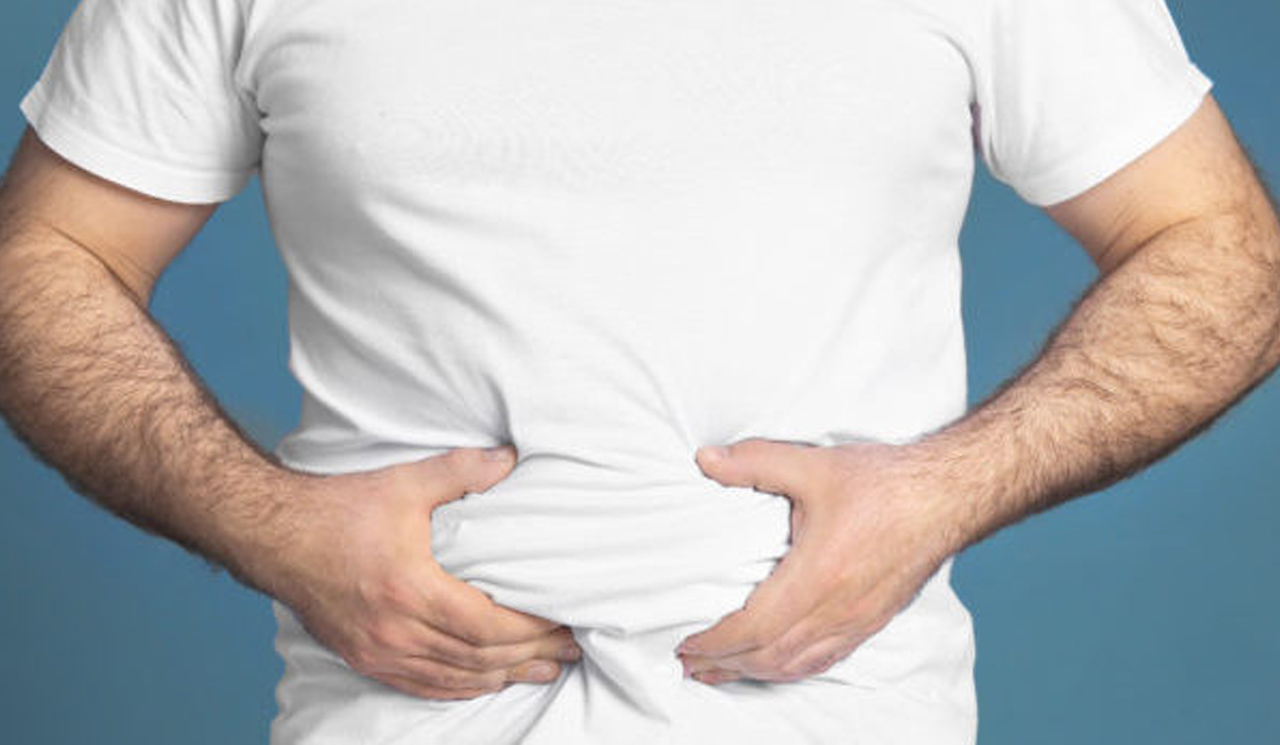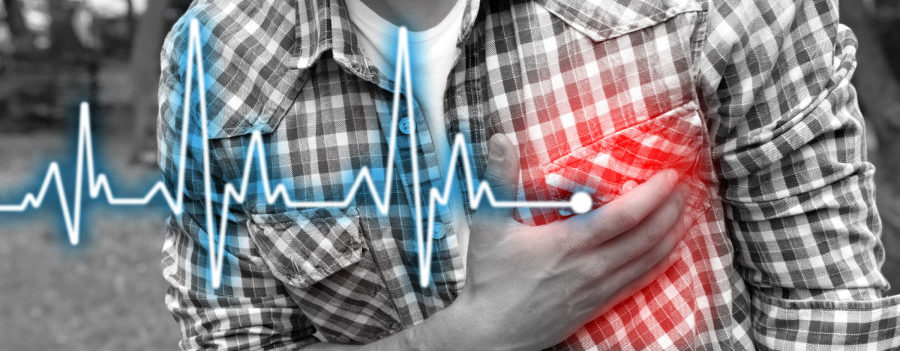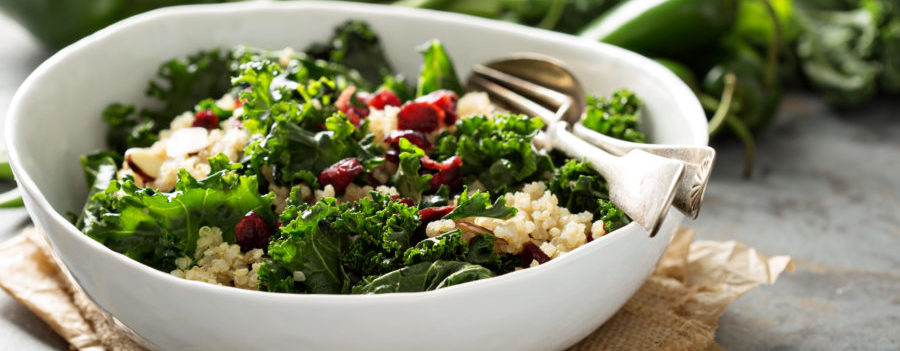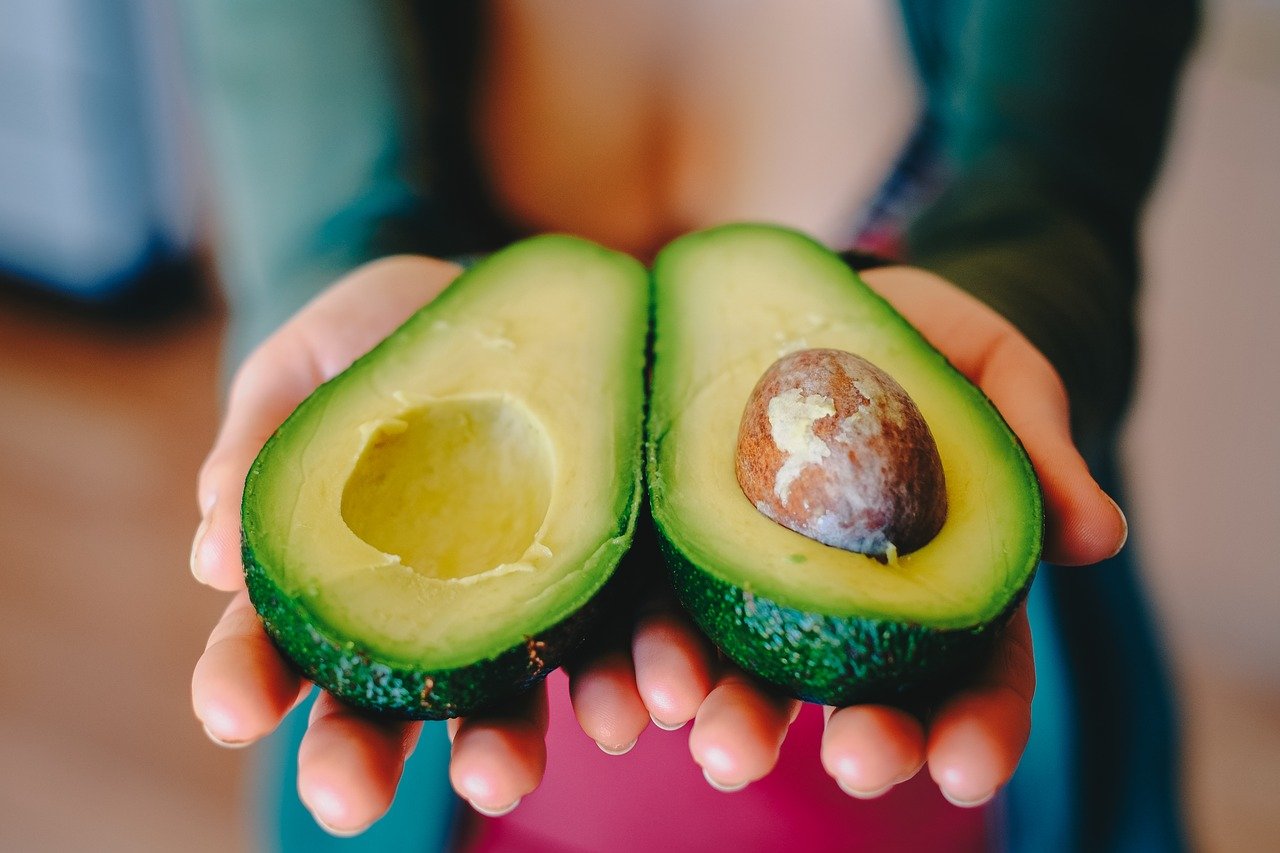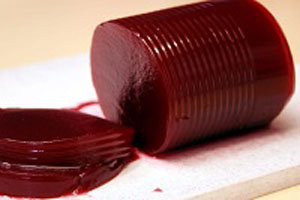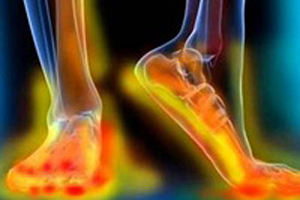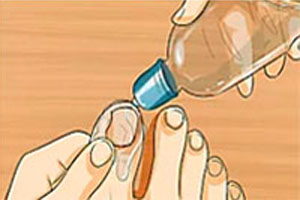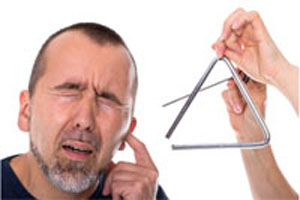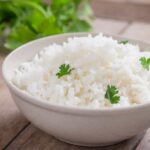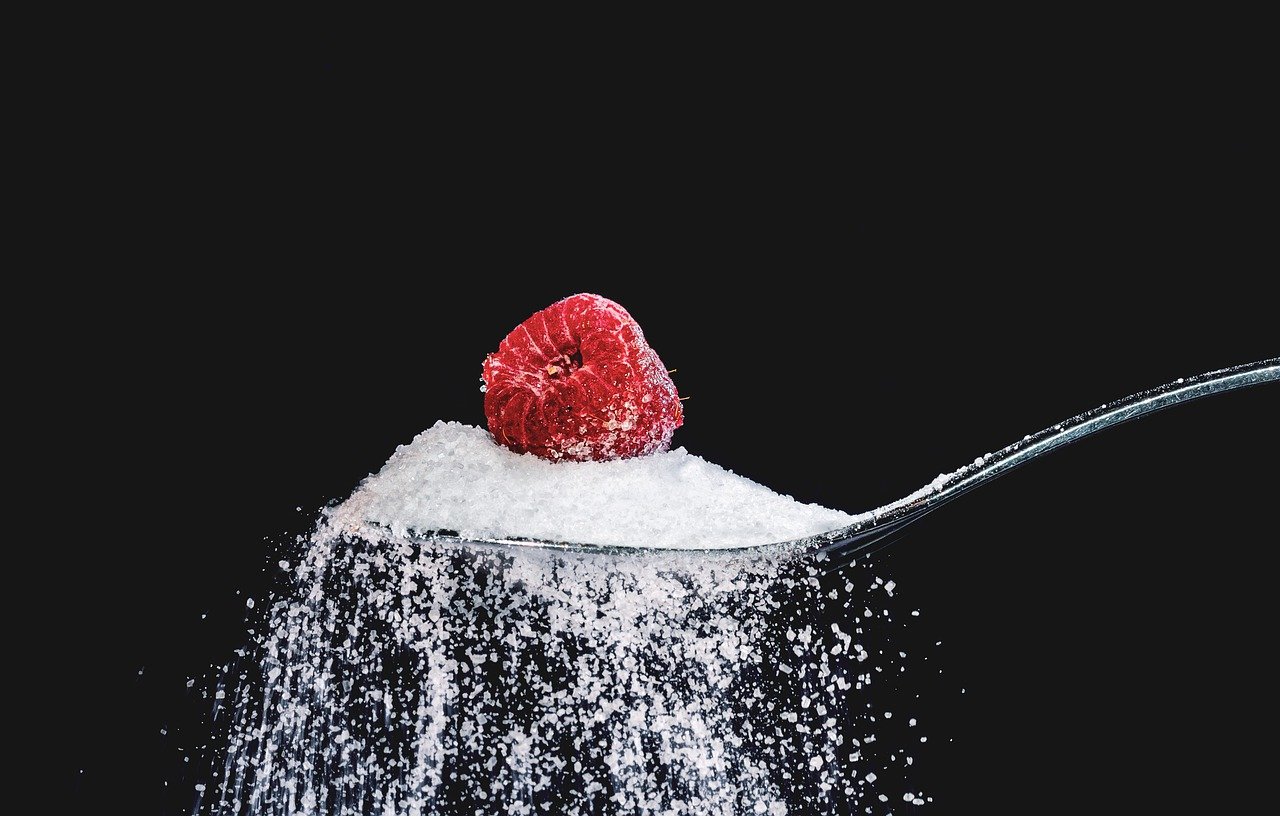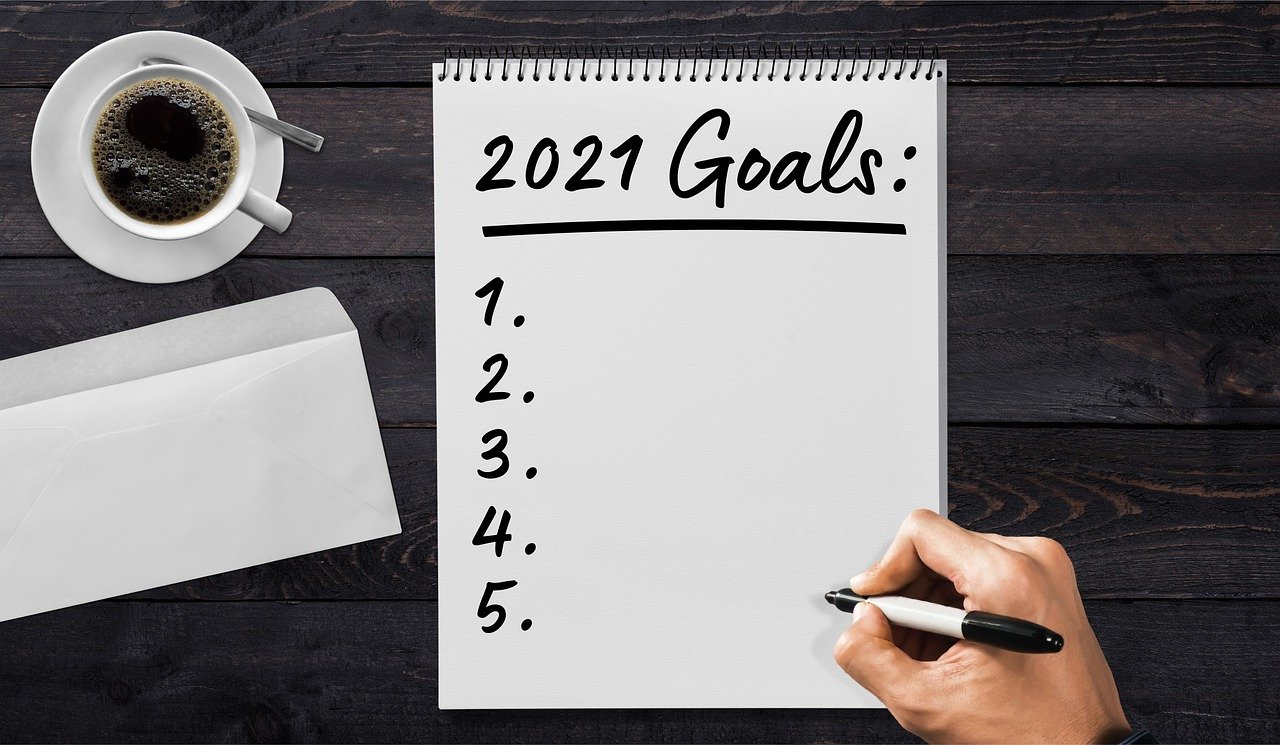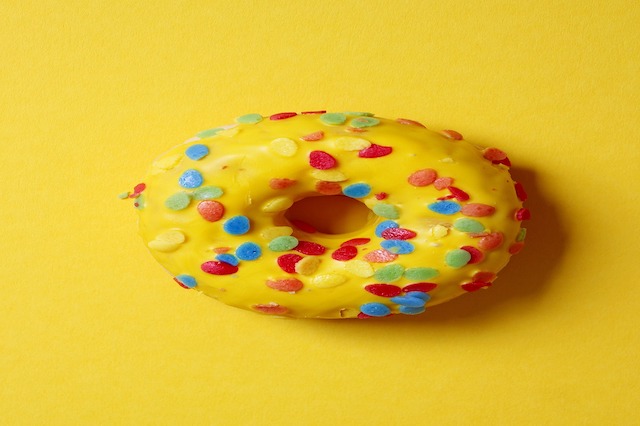Losing fat is easy. All you have to do is eject processed food from your plate, stay away from drinks, and follow a strict exercise regimen. Easy? We would not have had folks with weight issues if doing all these were all that easy. And if you think you can lose weight by consuming the magical powders and pills promoted in those fake ads, you are going to be mighty disappointed. There are many such fat loss mistakes you may be making.
Don’t lose time. Click now and get started right away. Mistake # 4 floored me!
1. Counting Calories, Instead Of Macros
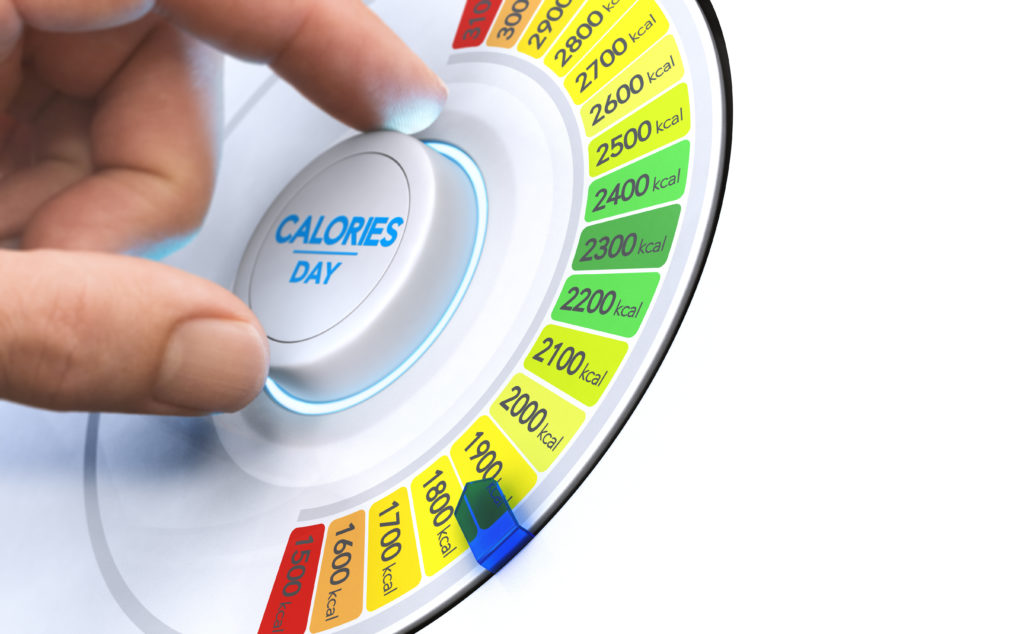
Since not all calories come from the same substance, you need to pay attention to the substance, not the calories. There’s no doubt that some people have had success with Weightwatchers and other calorie-counting strategies. A calorie is a unit of measurement for energy, but there are hundreds of calories in a soda – and I bet you don’t feel as full if you ate the equivalent amount of calories in say, broccoli? You should really be counting grams of fat, protein, and carbs, known as macronutrients, rather than the calories they impart. Calories from protein are more satiating. Calories from fat enter your mitochondria (the energy producing cell component) slower; keeping you full for longer. Carbs can be simple (dextrose, glucose) or they can be complex (cellulose). Try and get as many grams of complex carbs, also known as polysaccharides, as possible. In this fashion you’ll get a better understanding of what foods keep hunger at bay, and which foods are empty calories.
2. Assuming Whole Grain Or Wheat Bread Is Good
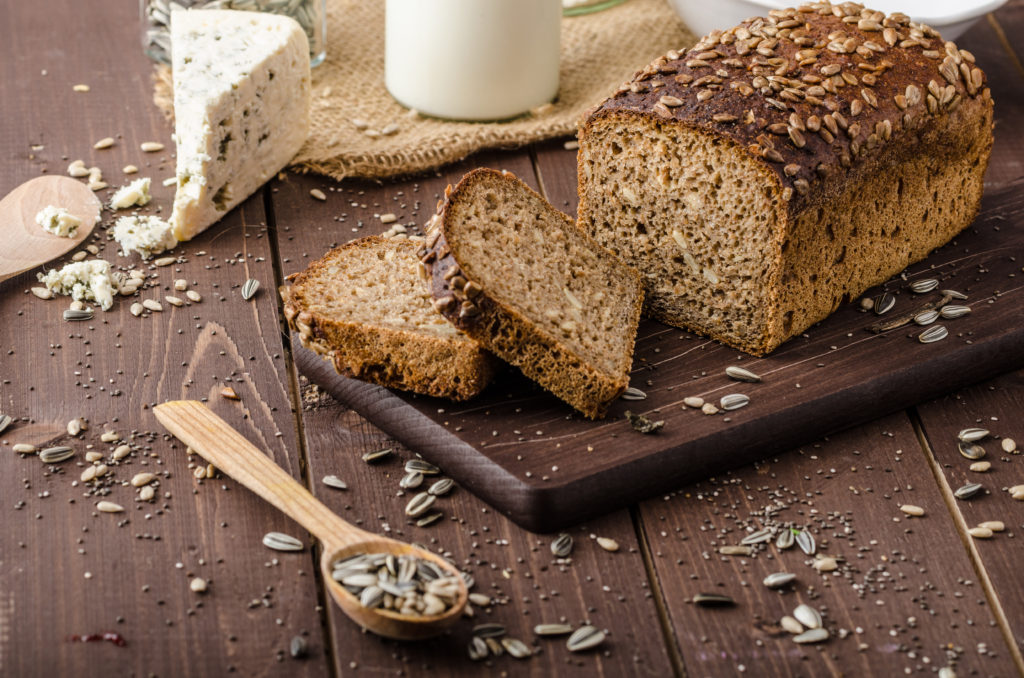
Replacing your Wonderbread with “whole wheat,” or “whole grain,” means very little in the long run. Grain-based products like pasta, sandwiches, pizza, etc. pervade every space in our society. White bread and potato bread are obviously bad, most people know that. But almost all breads are mostly made up of simple sugars, and unless you are eating sprouted grain, Ezekiel, or sourdough, or some combination of those three designations are you getting any significant amount of nutrients which won’t just be converted to sugar in your body.
3. Eating Fat And Sugar At The Same Time
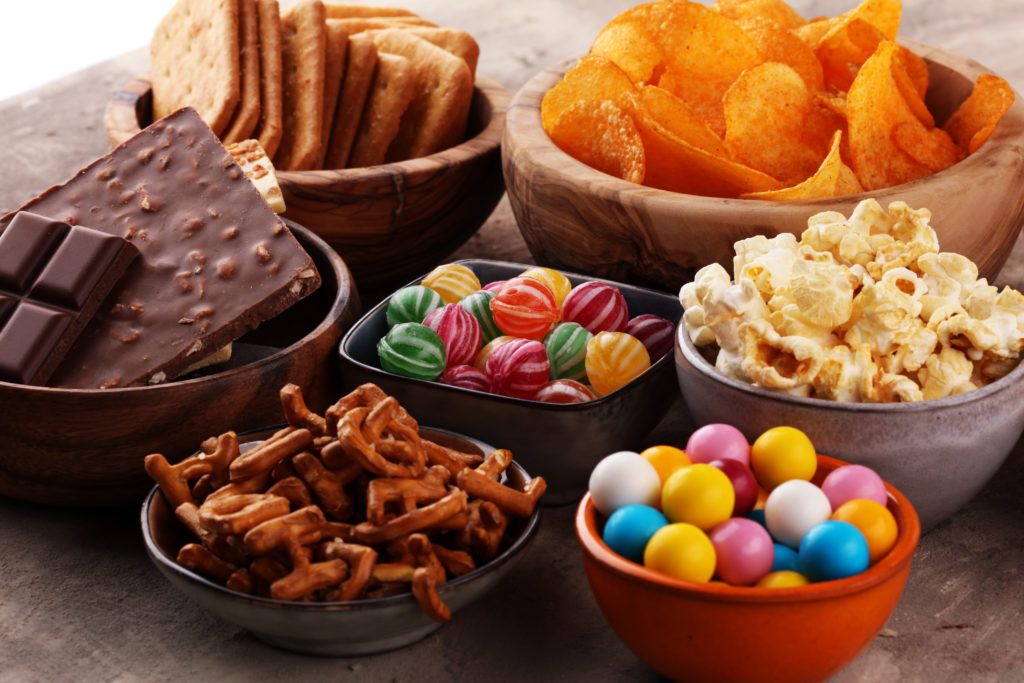
The combination of saturated fats and sugar together, over a long period of time = death. There’s so much published literature on it, it’s such a part of the common understanding, that most people have no excuse. These two macro nutrients are almost never found together in nature, and when consumed, your body behaves like a car given petrol and diesel in the same tank.
4. Looking At A Diet As Something You Do, Rather Than Something That Is

Depending on who you talk to, one of the biggest problems with weight gain in America is not losing it, but keeping it off. Depending on the study, people who lost a significant amount of weight in one year may regain as much as 90% of it the next. When you decide to alter your diet to help with weight loss, it’s statistically likely that unless you change your idea of what food is, you’ll be putting back on all the weight you feel you have the capacity to lose. You’ve got to change your opinion on junk food, not just your eating habits, and look at it for what most of it really is to most people – poison.
5. Assuming That Diet Is The Main Problem
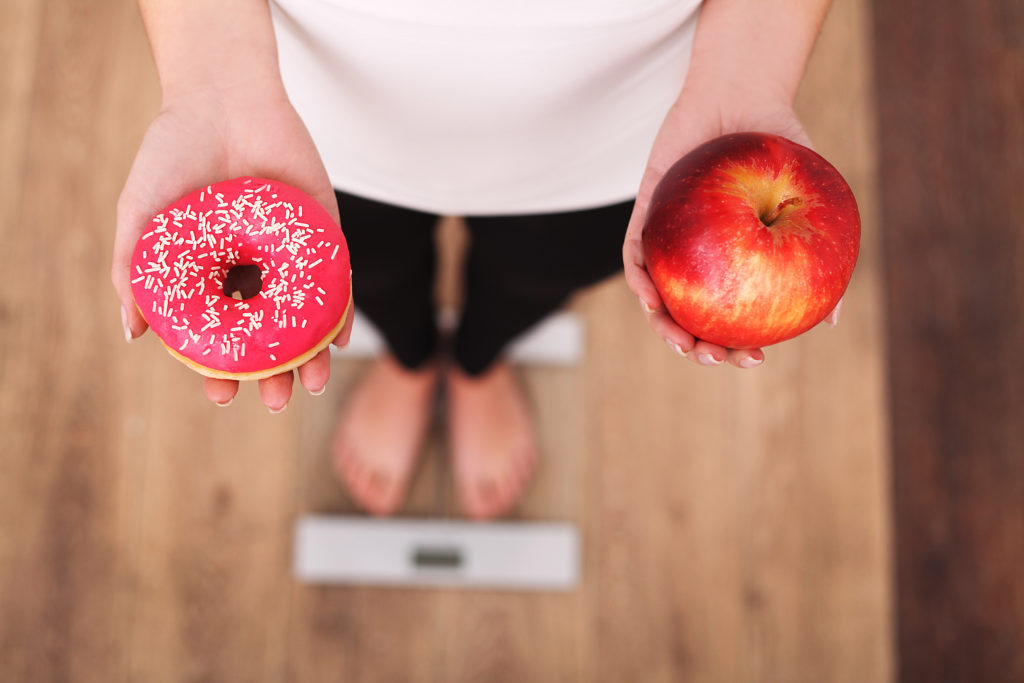
Athletes can eat whatever they want. Mark Sisson from Primal Blueprint talks about when he was running in track and field, the athletes would have competitions to see how many carbs they could take in the night before a meet, or how many sugar-rich gel packs they could slurp down in between heats. NFL players, Sumo wrestlers, CrossFit competitors, they aren’t limited in their diet choices because they put their body through intense physical activities. If you can manage to become substantially physically active through community sports, mountain climbing, or visits to the gym, you can afford the calzone for breakfast, because all of it will be incinerated in your mitochondria while you’re running 4.40 in a 40.
